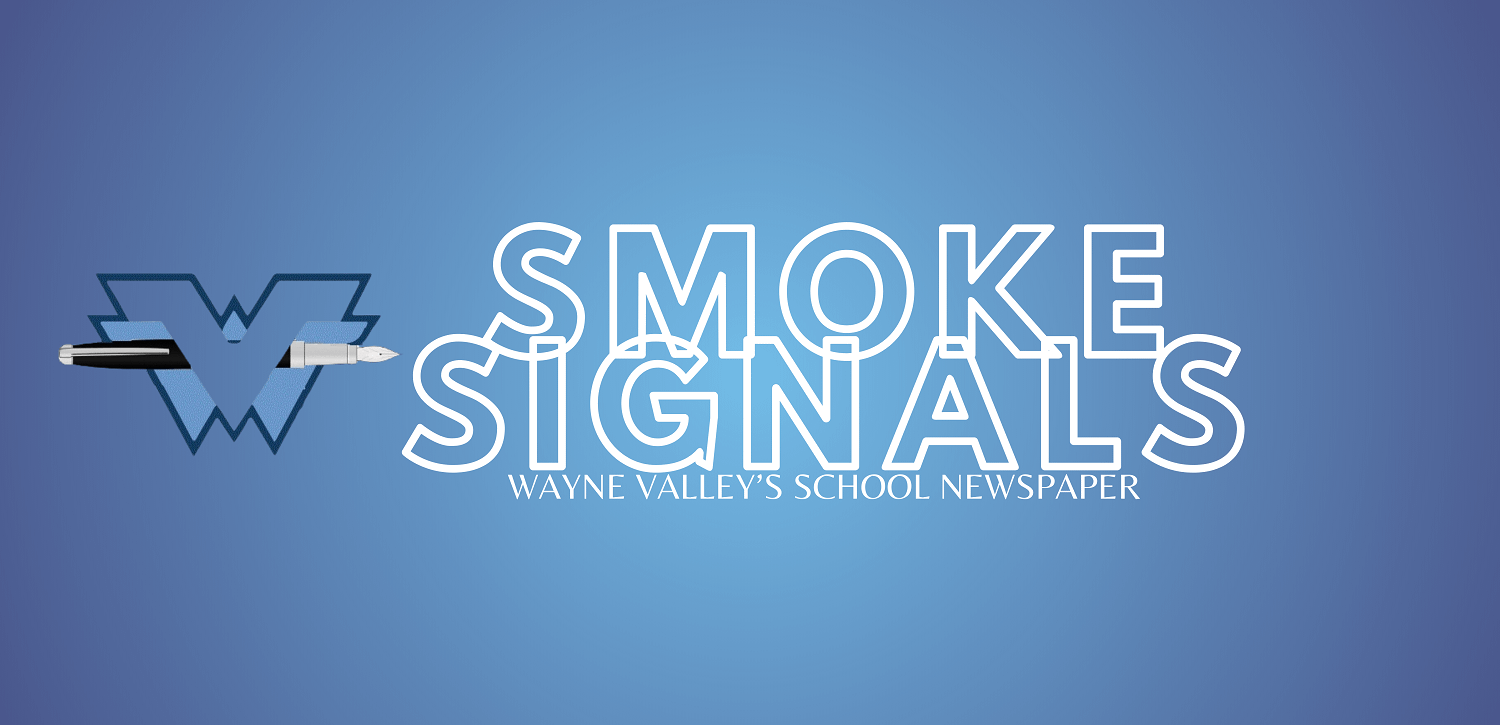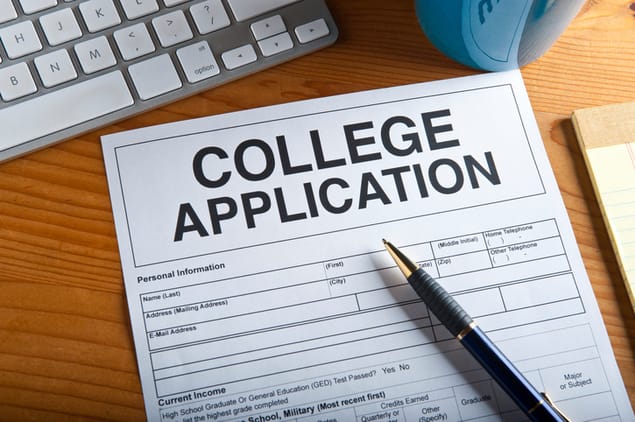College admissions have always been a nightmare. Generations have struggled to make a choice that sets the course for the rest of their lives. In school, everyone aims to set themselves apart for the sake of getting into a good college. Some ambitious students aim for an Ivy League and spend much of their student life engulfed in thick books and practice worksheets. For some, the option is clear. For others, not so much. But today, college admissions have become enshrouded in a cloud of uncertainty and dread. Why are college admissions in crisis now more than ever?
The crisis can be chalked up to three main causes, one of which is the fact that schools made test scores optional during the pandemic. Now, many are reinstating their regular policies, however, there has been an impact made. Since test scores have been made optional, students have submitted more applications to Ivy League universities, making chances even slimmer. Plus, as it is optional, students who received very high scores submitted theirs, which sent the average score way up. The problem is that college admissions have turned into the Hunger Games: only the rich or legacies have any real advantage. Felicia Michelson, a guidance counselor at Valley, says “More and more students every year are applying to competitive schools and this change with standardized testing is just making it easier.” This increases the pool of applicants, thus slimming down the already minuscule chances.
“Last year, the Supreme Court’s historic decision ending race-based affirmative action left colleges scrambling for new ways to preserve diversity and students groping in the dark to figure out what schools wanted”( Currell ). In fact, this is one of the reasons college admissions plunged into the abyss. Colleges are now free to do whatever they want, and they are not kept in check by any particular laws. So, selective colleges became more selective. Now more than ever, people are clamoring to get into these Ivys. This allowed colleges to push on a new admission technique: Early decision. This is dangerous because students are only permitted to do so at one college, and if accepted, they pledge to attend even if they don’t know the school’s financial offer. Of course, this is of no consequence to the wealthy who can afford this luxury, but those who can’t can end up drowning in debt for a “brand-name” college.
Additionally, nowadays you aren’t guaranteed a job just because you graduate college. Just because you went to Harvard and the guy next to you went to William Paterson doesn’t necessarily mean that you have better chances than him of getting the same job. Your personality and your priorities should matter more than just how hard it is to get into a certain college. Mrs. Michelson aptly states, “ I view a ‘good school’ as which schools are the best fit for that specific student. Everyone has different criteria and expectations.” So, in the end, the best choice may be the most unlikely. Going into debt for nothing more than bragging rights and a fancy name shouldn’t be glorified or normalized.
The college admissions process is still as stressful as ever. And, for some, the name of a college still matters more than their end goal. This is a generational problem, now more than ever. People equate with going to a good college to getting a better job, but this isn’t always true. Some people who drop out of high school or go to mediocre colleges have better jobs than those who go to schools like Duke and Yale. Of course, the Ivy League life will always seem glamorous and desirable. Alas, these issues won’t go away any time soon. The next round of applicants just has to hold their breath and hope

